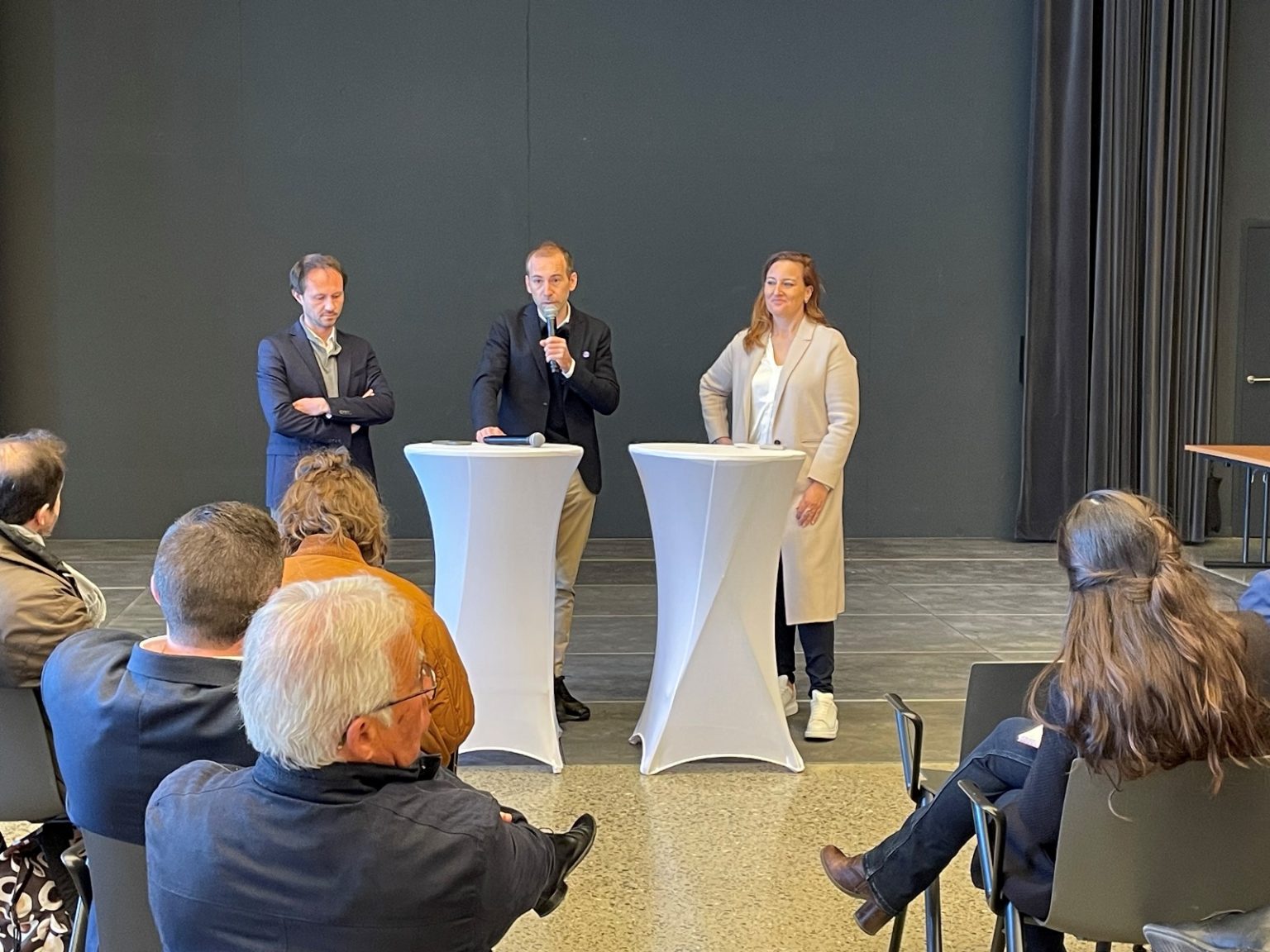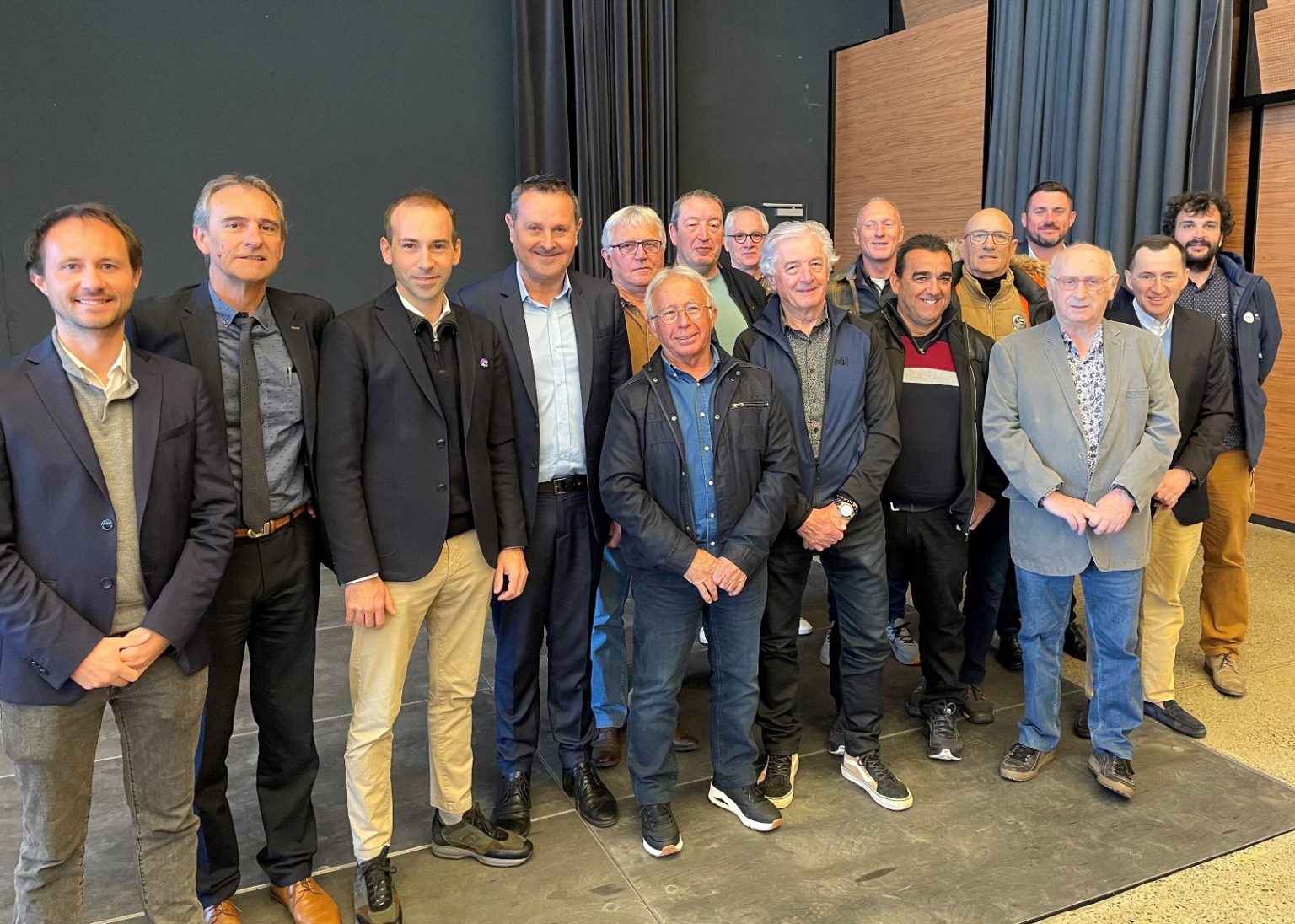

As a reminder, E-CHO aims to relocate and decarbonize 30% of the methanol currently imported into France and to produce nearly 20% of the sustainable aviation fuels required by 2030. It represents the most significant project in the Lacq basin since the discovery of the gas field in 1951, with an estimated investment of two billion euros, creating 800 permanent jobs and up to 5,000 jobs during the construction phase.
To achieve this, E-CHO would utilize three types of natural and/or renewable resources: electricity (70% of the requirements), wood waste and agricultural residues (20% of the requirements), and forest biomass (10% of the requirements).
Following three months of prior consultation from October 17, 2023, to January 17, 2024, under the auspices of the National Public Debate Commission (CNDP), project owners Elyse Energy and RTE are pleased with this initial stage of information sharing and engagement with the public. They would like to express their gratitude to the appointed facilitators, Virginie Allezard, Marion Thenet, and Sébastien Cherruau, for their support.
As highlighted in the facilitators’ assessment, the framework implemented by the project owners “enabled broad mobilization and diverse information dissemination methods (consultation dossier, brochure, website, signage, contribution registers, voicemail, mobile exhibition…) deployed. The 19 exchange sessions saw regular participation from citizens, economic actors, local elected officials, representatives from the forestry and wood sector, and environmental associations.”

Following the prior consultation, the core of the project – maintaining the industrial purpose of the Lacq basin and repositioning the region at the heart of national energy sovereignty – is generally endorsed by the local community.
The prior consultation provided an opportunity for the public to express legitimate concerns: minimizing the risks and nuisances associated with the project, both in its construction and operational phases, maximizing the conservation of natural resources needed to replace oil (electricity, water, biomass), and more broadly, reducing the project’s impact on biodiversity and the environment. In particular, the use of forest biomass (even in limited proportions) and water is under close scrutiny.
As project owners, we have duly noted these concerns. However, we understand that trust will be earned through actions in the subsequent phases of the project. Therefore, these initial insights prompt us to make the following commitments without delay:
Updates to the studies are anticipated from summer 2024 onwards and will be communicated during corresponding continuous consultation events. In this regard, the project owners propose the following framework for the so-called “continuous consultation” phase, which will last until the commencement of the public inquiry:
The final framework for this continuous consultation phase will be decided by the National Public Debate Commission (CNDP) in the coming weeks.
Finally, we have observed the mobilization of organizations opposed to sustainable aviation fuel production, advocating primarily for a drastic reduction in air transport. We refrain from delving into the societal debate on the future of aviation here. Despite a shared acknowledgment of the urgency of addressing climate change, we acknowledge a divergence in the actions to be taken: neither techno-solutionist nor advocating for degrowth, Elyse Energy believes that the provision of sustainable aviation fuels is an essential complement to sobriety measures. For more information, we refer to the preamble of our “Project Owner’s Response to the Facilitators’ Assessment.”
Press Contact :
Steven Dolbeau
Anima Conseil
sdolbeau@animaconseil.com
+33 (0)6 12 22 38 71
